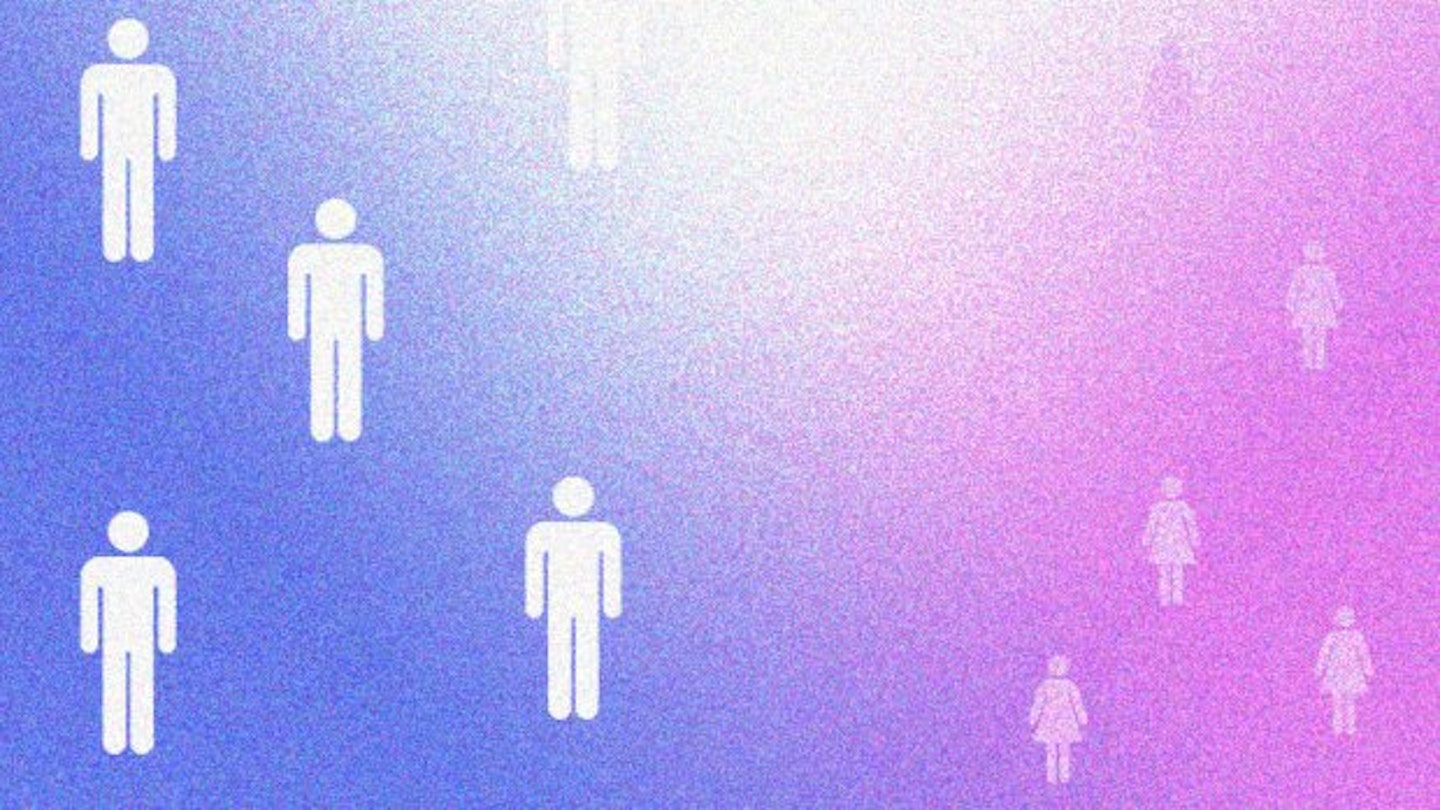I don’t know about you, but I tend to feel hopeful about gender equality. Because despite the long list of reasons to be disheartened – even a quick glance at the statistics published forInternational Day of the Girl yesterday is enough to take the wind out of our feminist sails – we ARE making steps towards equality in 2017.
Every single day, we hear news stories that suggest things are improving for British women. There was the approval of Ealing council’s anti-abortion protest ban on Tuesday, Tesco cover the tampon tax on their own brand products and we call out sexism in our everyday lives far more than we used to.
But, clearly, this hasn’t been enough to make the UK soar up in the gender equality rankings. The EU’s latest gender equality league table was recently published, and Britain have ranked embarrassingly low.
WATCH! What Does It Mean To Be A Woman In 2017?
Along with Slovakia and the Czech Republic, the UK has made no significant advances in tackling gender inequality over the past decade. Zero.
Huge inequalities still exist in all kinds of areas, whether it’s in the workplace, education, political engagement, health or income. In reality, we’re crawling.
Italy is the most improved country, up by 12.9 points over the last 10 years, but with the appalling objectification of women on their TV screens, it’s fair to say they had a very long way to go in the first place. France are doing much better than us, and Sweden and Denmark score highest, while Hungary and Greece were left at the bottom.
The gender pay gap has been described as ‘wide and persistent’ in the EU, with women still taking home 20% less than their male counterparts – and bear in mind that this is simply an average.
The report says that 1 in 3 men in the EU take part in daily cooking and housework tasks, and the care of children, grandchildren, the elderly and disabled generally still falls to women much more than men.
Unsurprisingly, science and technology industries are still very much male-dominated, and the EU report points to the ‘segregation in educational choices’ as a reason for gender divisions in the labour market.
Maybe the UK result has turned out so badly because a report can’t measure how women feel in the street or on a night out – coming from someone who has felt extremely intimidated in Lyon metro stations at night, and has been handed flyers for a Bologna Erasmus night out where the girls get a free shot on entry.
But if the EU report is anything to go by, we must do better.
Like this? You might also be interested in:
Why You Need To Care About The Gender Pay Gap – And How To Combat It
People Actually Believe Time Travel Will Come Sooner Than Gender Equality In The Workplace
Follow Millie on Twitter: @milliehurst_
This article originally appeared on The Debrief.
